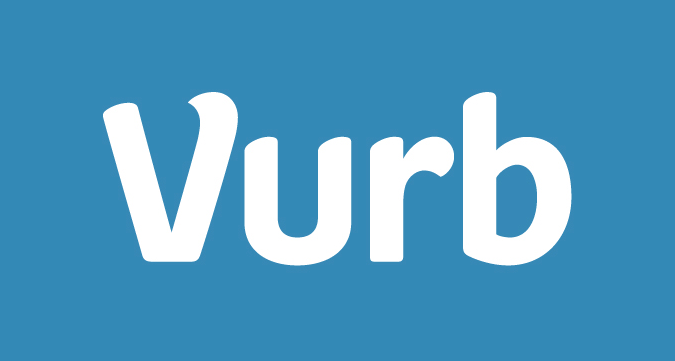VCs like to go around asking the same questions: “What’s cool? What startups do you like?” Recently, the consensus answer to those questions is a startup called Vurb.
Vurb is a contextual content engine, a platform that connects and compiles relevant information from services like, but not limited to, Yelp, LinkedIn, Google Maps, Amazon and so on. Nothing quite like it exists on the market.
Vurb is today announcing that it’s raised more than $1.5 million in seed funding from Charles River Ventures, Max Levchin, Drew Houston, Naval Ravikant, Gil Elbaz, Jim Lanzone, Brad Garlinghouse, Adrian Aoun, Othman Laraki, Raymond Tonsing, CrunchFund*, Atlas Venture and others to accomplish its mission to “organize all the services you use on the web in an intelligent way.” There was, and still is, a lot of investor interest in the round, founder Bobby Lo tells me.
While the Internet has existed for more than 20 years, the way people interact with online services hasn’t changed that much in that time. People are still clicking on links and clumsily opening browser tabs, having to adjust to a new way of organizing information every time they search on a platform like Yelp or LinkedIn. We still have to aggregate content from different sources manually on something like Evernote if we’d like to have various sorts of information in one place.
Vurb, which is still in stealth, wants to be the connector between the places you visit online for content and the place where you can collect and cross-reference this information. It operates on the premise that the siloed model of web search products just isn’t as advanced as it should be: Sometimes humans would like to prepare for a meeting using CrunchBase and LinkedIn to do due diligence. Then they want to hold that meeting at a well-reviewed restaurant, which they found on Yelp, and want all the relevant information to appear in one place.
“In today’s model of the web, services operate more or less independently, and I navigate from website to website to do whatever I need to do,” explains Lo, who started his first Internet company, an offline client for Aol Mail of all things, at 15. “The thing is, as I move from place to place on the web, there’s a lot of context around the actions that I take, and that’s lost today because there’s not a lot of structure or linkages that connect these services. As a result, there are a lot of challenges and inefficiencies in the interaction model of the web today, and we end up with messy things like assembling information using lots of browser tabs and windows.”
Who hasn’t been preparing for a night out, dinner and a movie, and thought, “Hey, I just bought movie tickets for a certain time, why doesn’t my restaurant reservation service know this context?” Who hasn’t looked up the directions between that dinner and a movie separately on a map and then subsequently thought, “There must be a better way than this.” And just imagine if that way could interact with your Google Calendar.
“We’ve long been promised a future beyond the pages of ‘blue links’ by companies whose businesses are built around said blue links,” CrunchFund’s MG Siegler writes in regards to Vurb’s potential. “Free of such shackles, Vurb has the opportunity to connect the pieces of the web in a way we haven’t experienced before.”
Products like Siri, Google Now and Knowledge Graph hint at a burgeoning contextual knowledge space, but those products are still at least partly based on the standard and plain first page of search results we’ve gotten so used to. This doesn’t have to be the case — search and recommendation technologies are peaking and converging to support more innovative companies like Vurb. “Our goal is not only to enable you to get more value out of your existing services, but also to help you discover and find related services in a very natural manner,” Lo says. Prepare to see a lot more startups in this space.
The company plans on using its newly raised capital to double its team size. It’s also launching its invite-only beta today, and the first 500 people who sign up using this link will get priority access and the ability to reserve their preferred Vurb username.
*Disclosure: CrunchFund was started by the same person who started TechCrunch. Occasionally it invests in companies that we cover. I don’t mind trashing things I don’t like or writing positive criticism of things I do like, no matter who’s invested.
